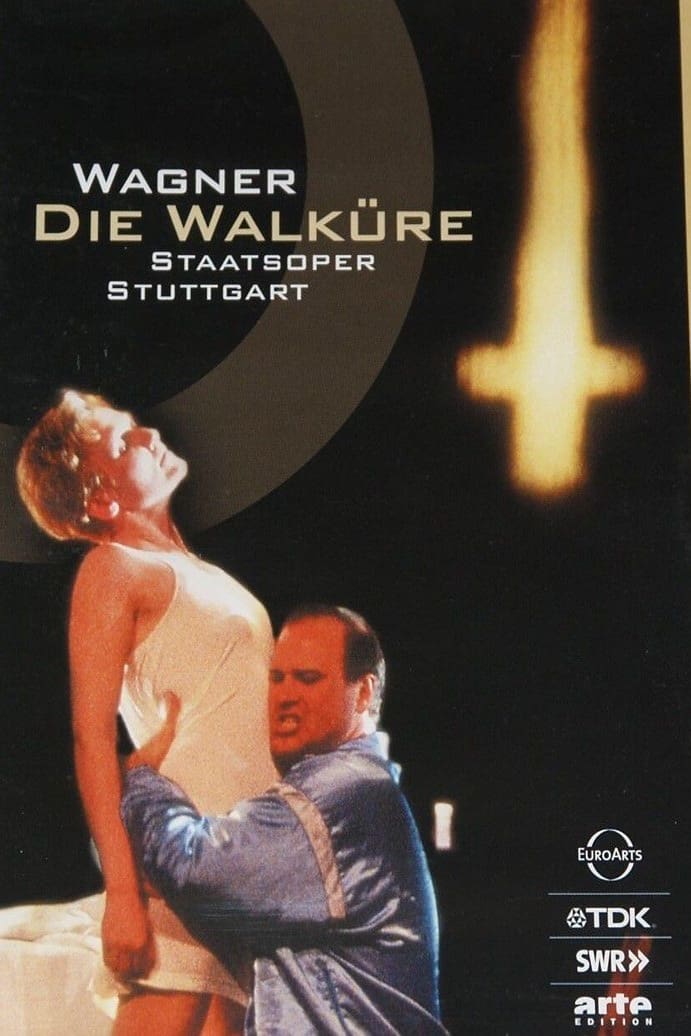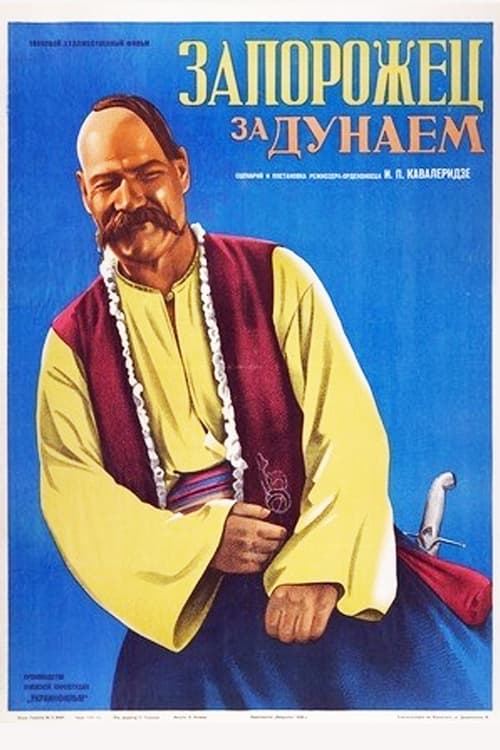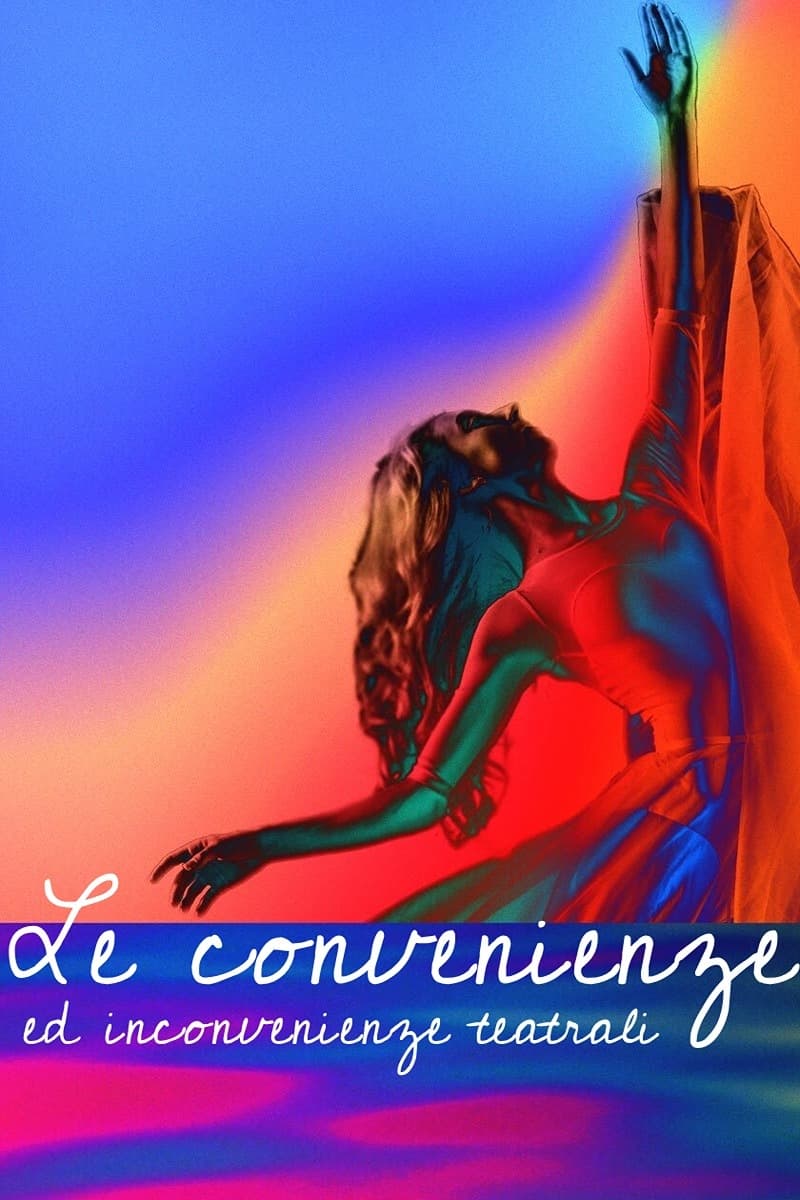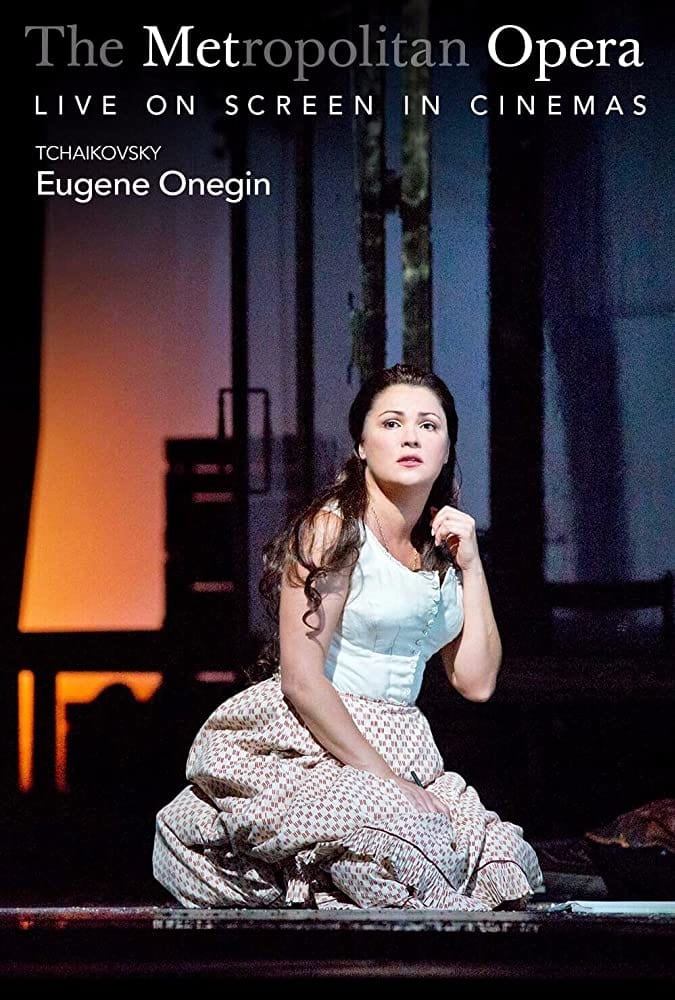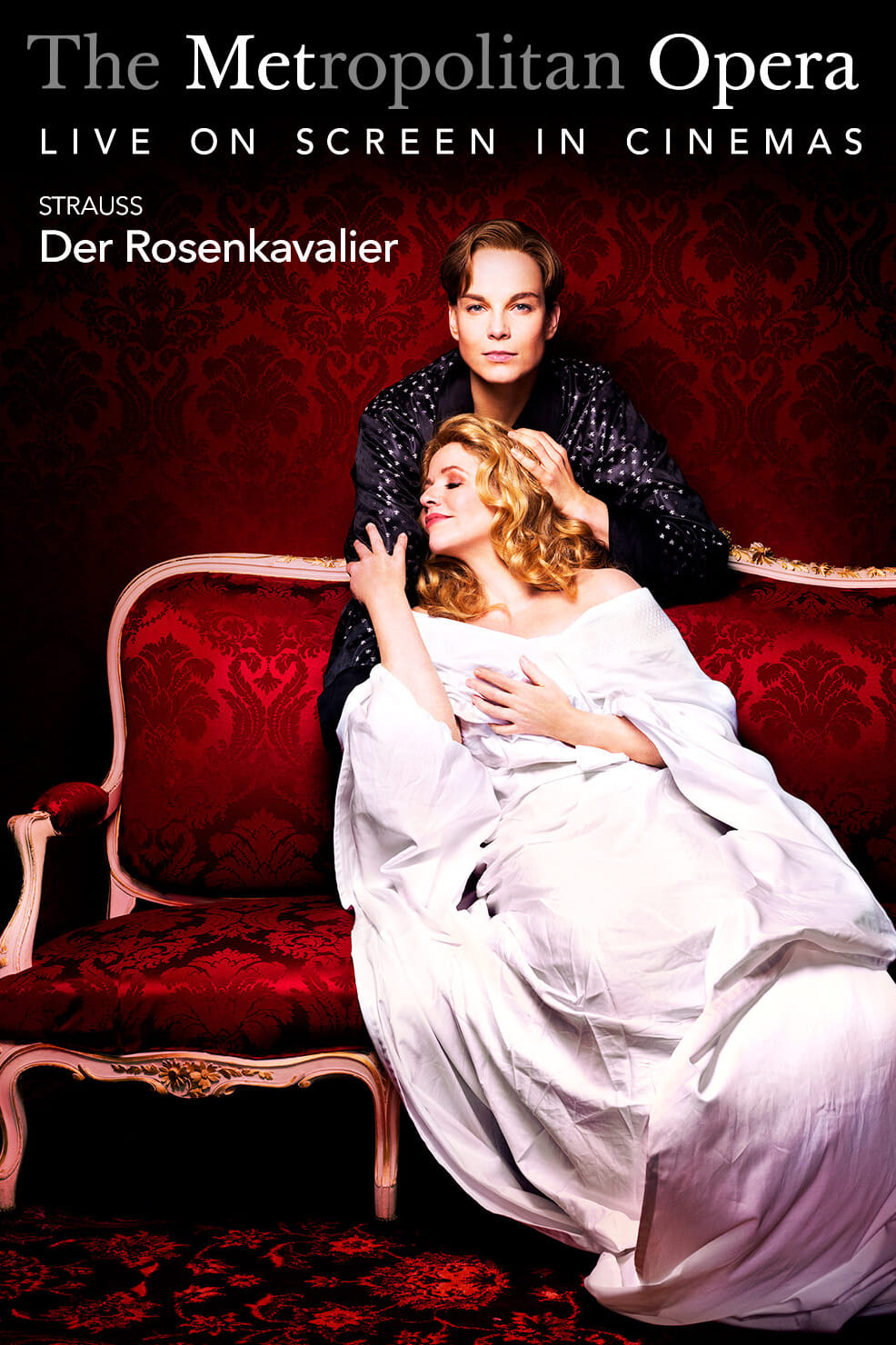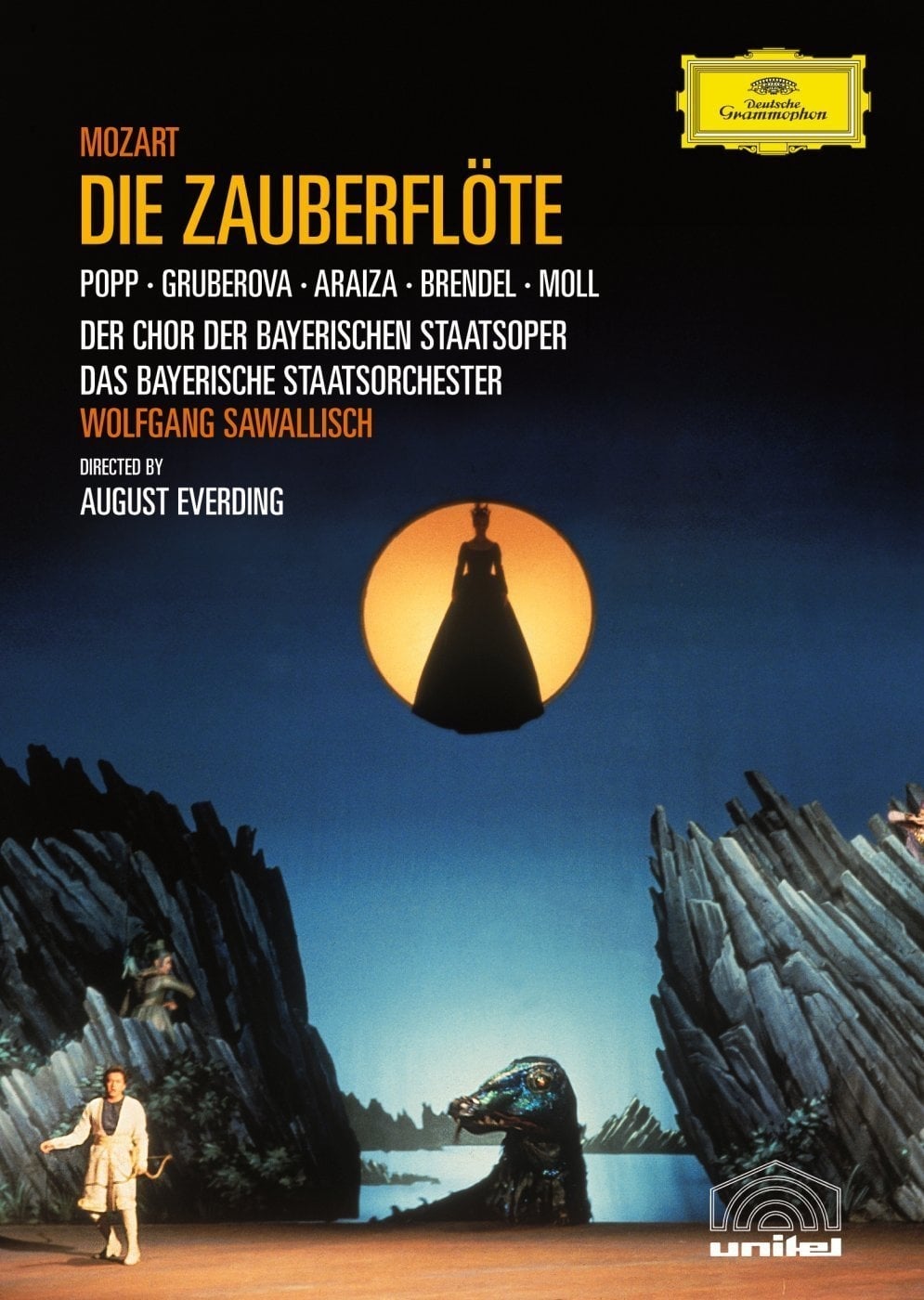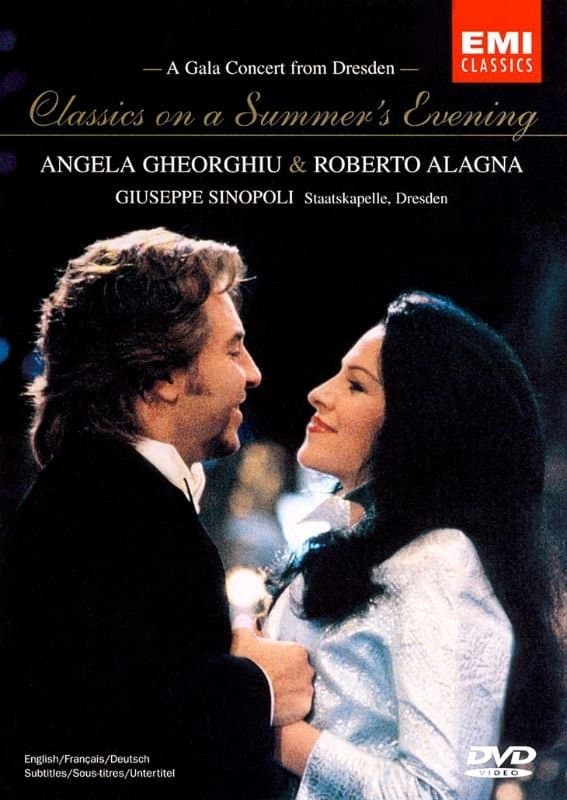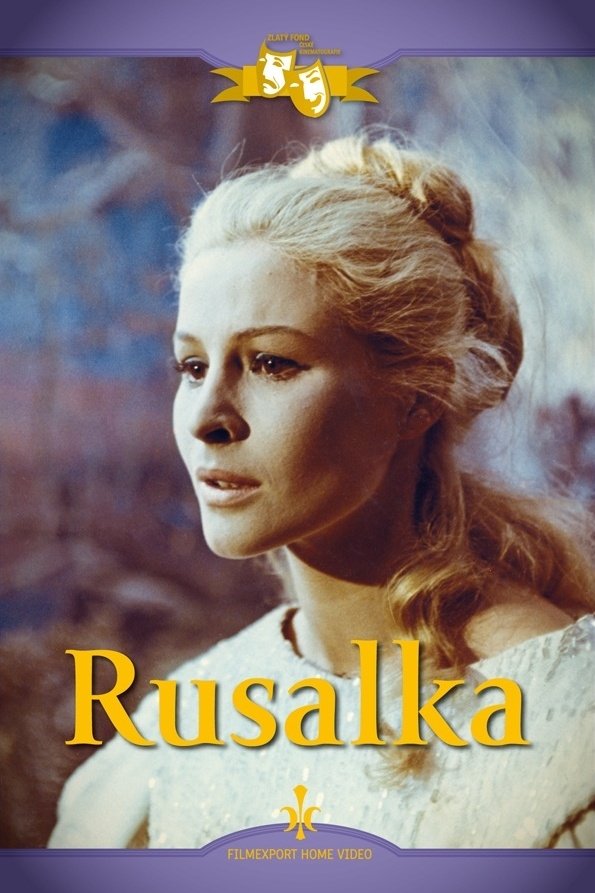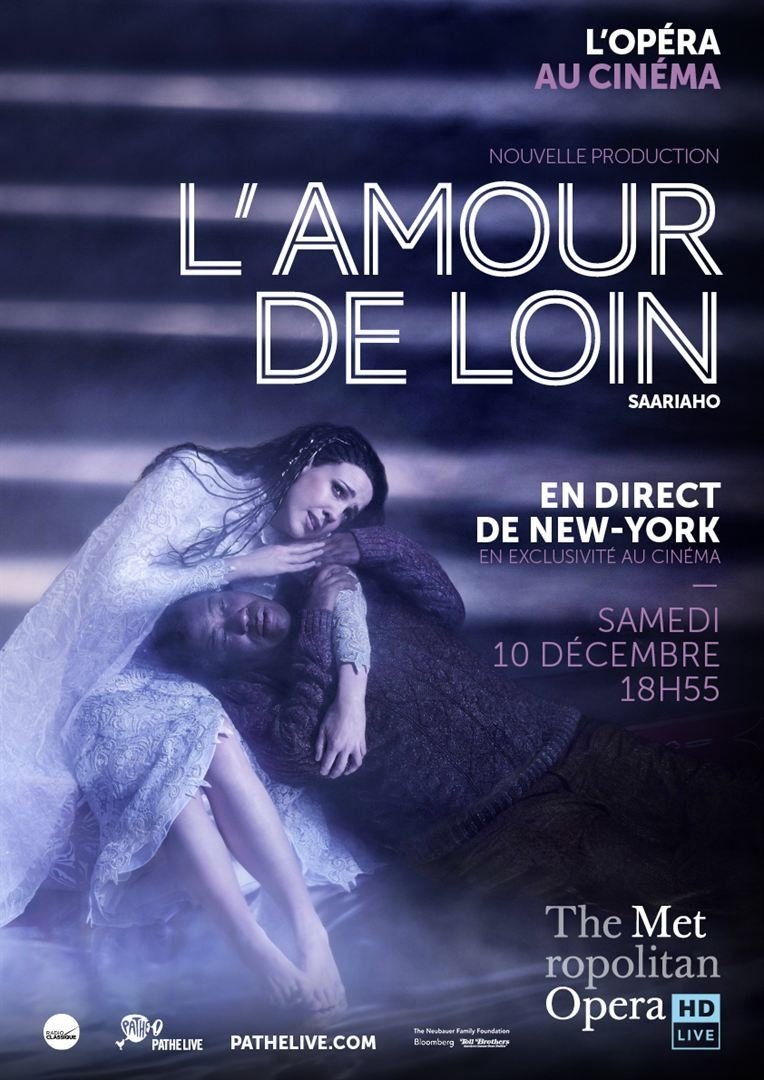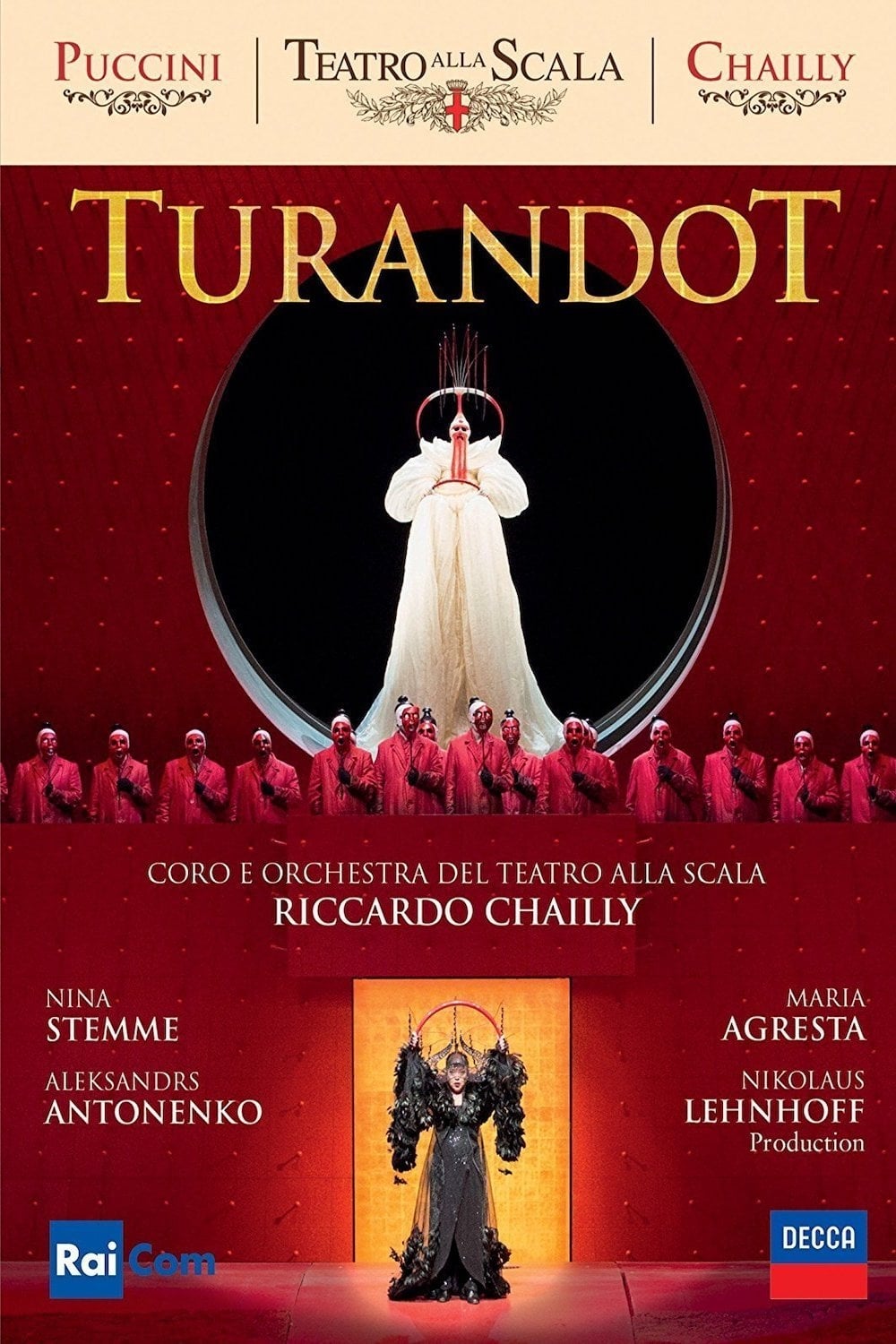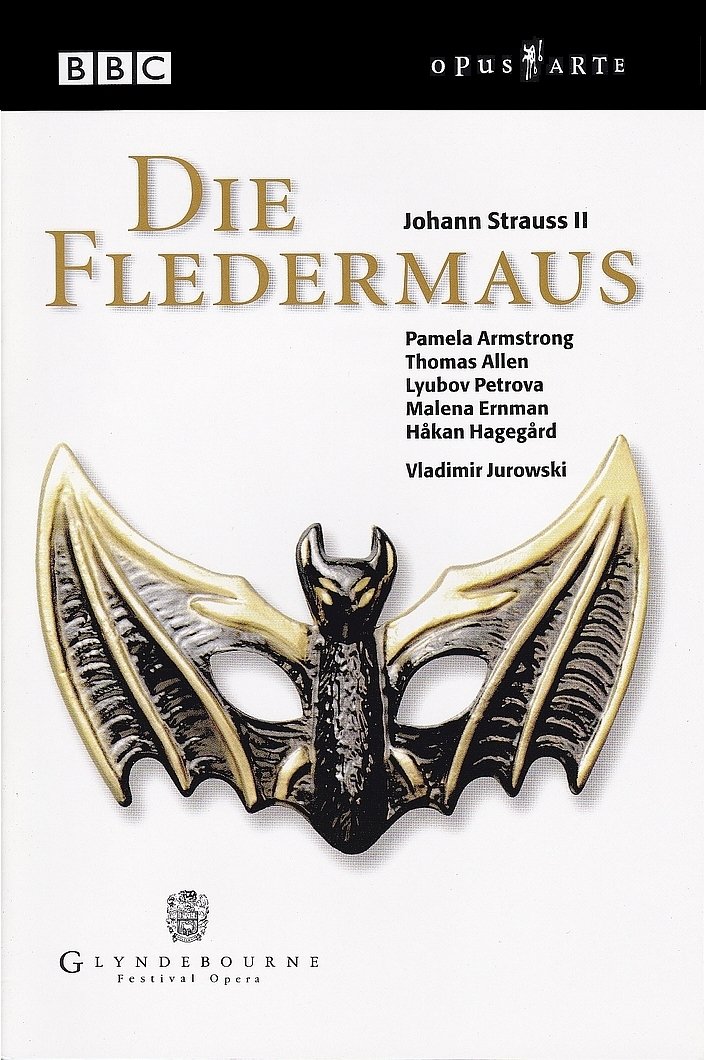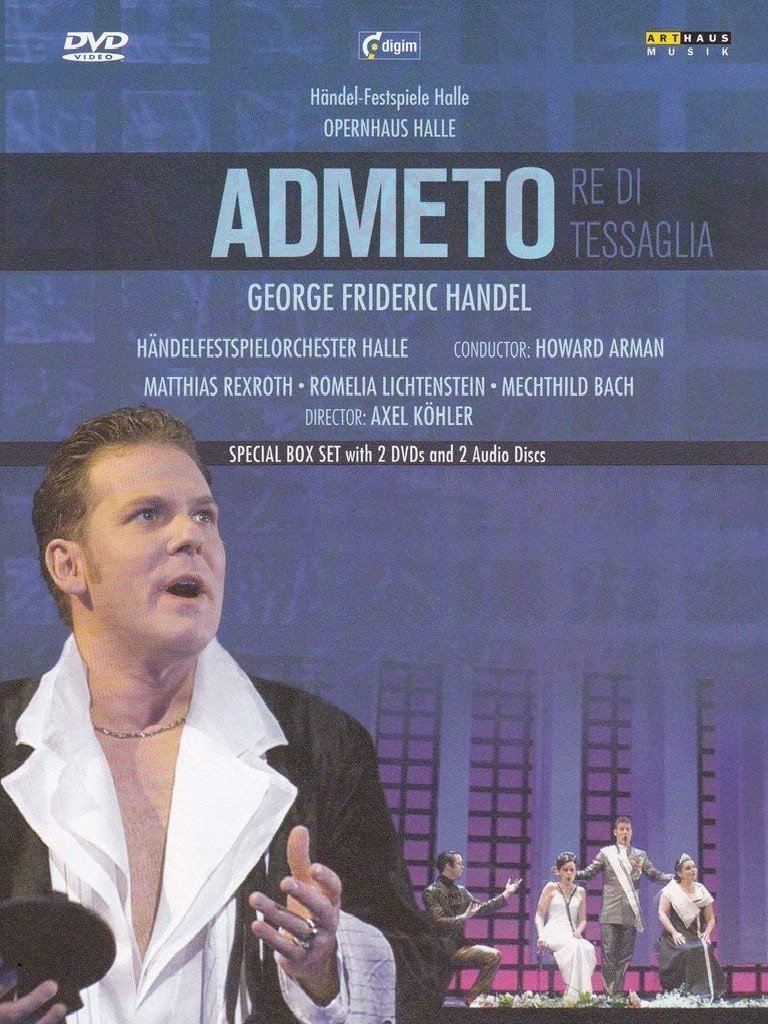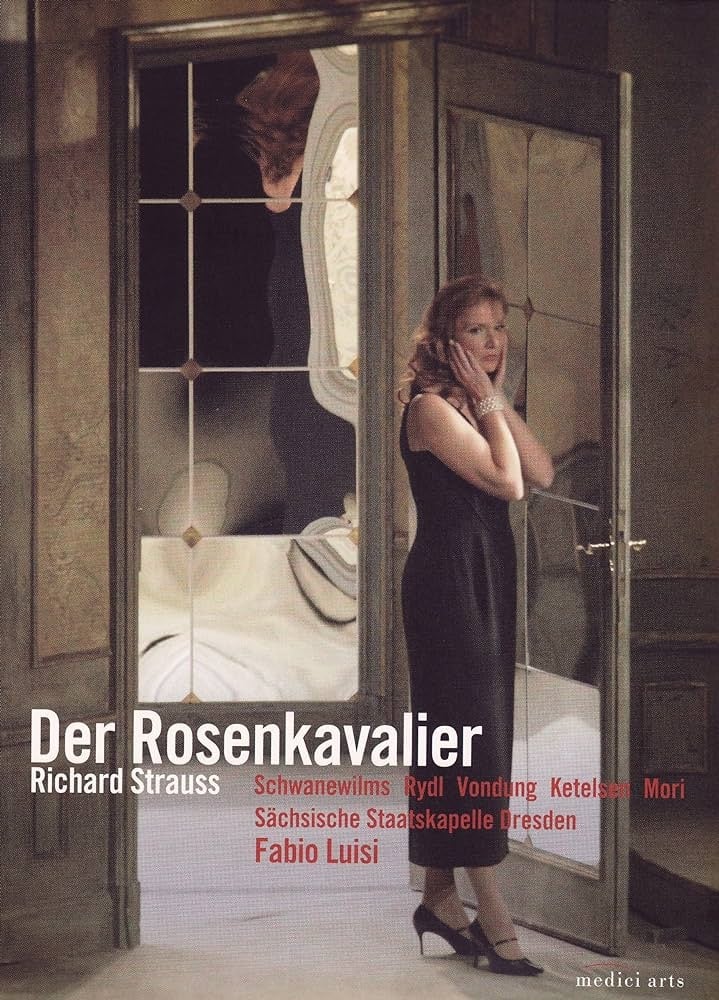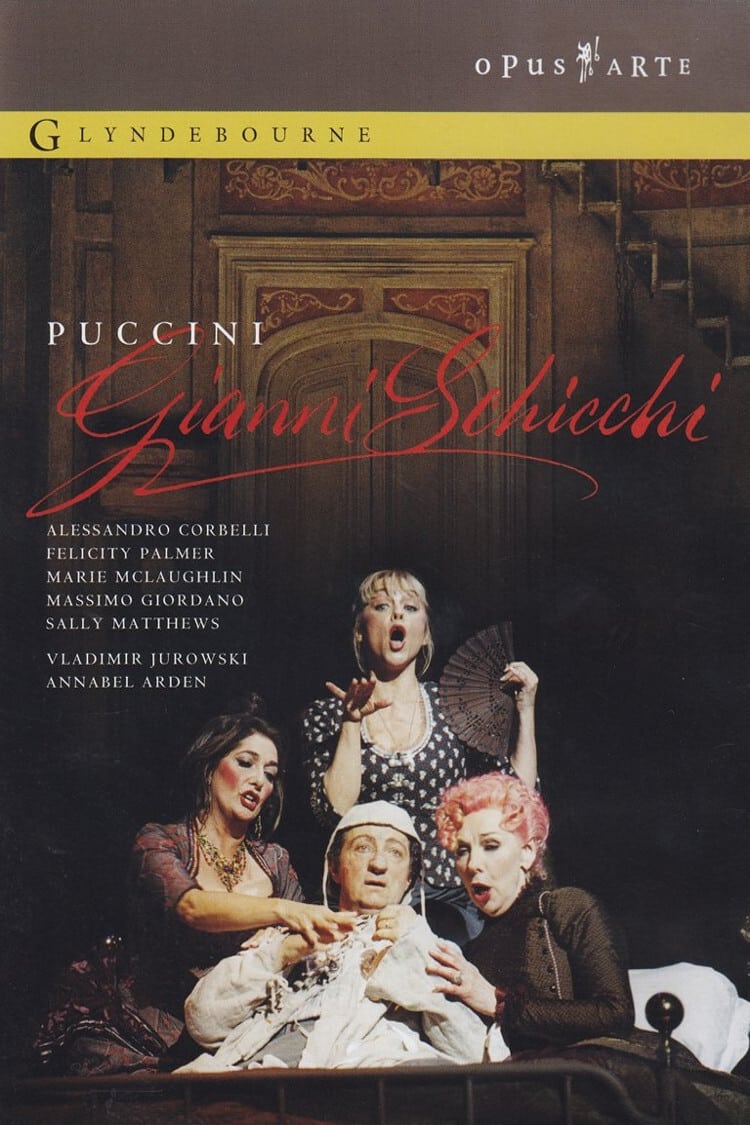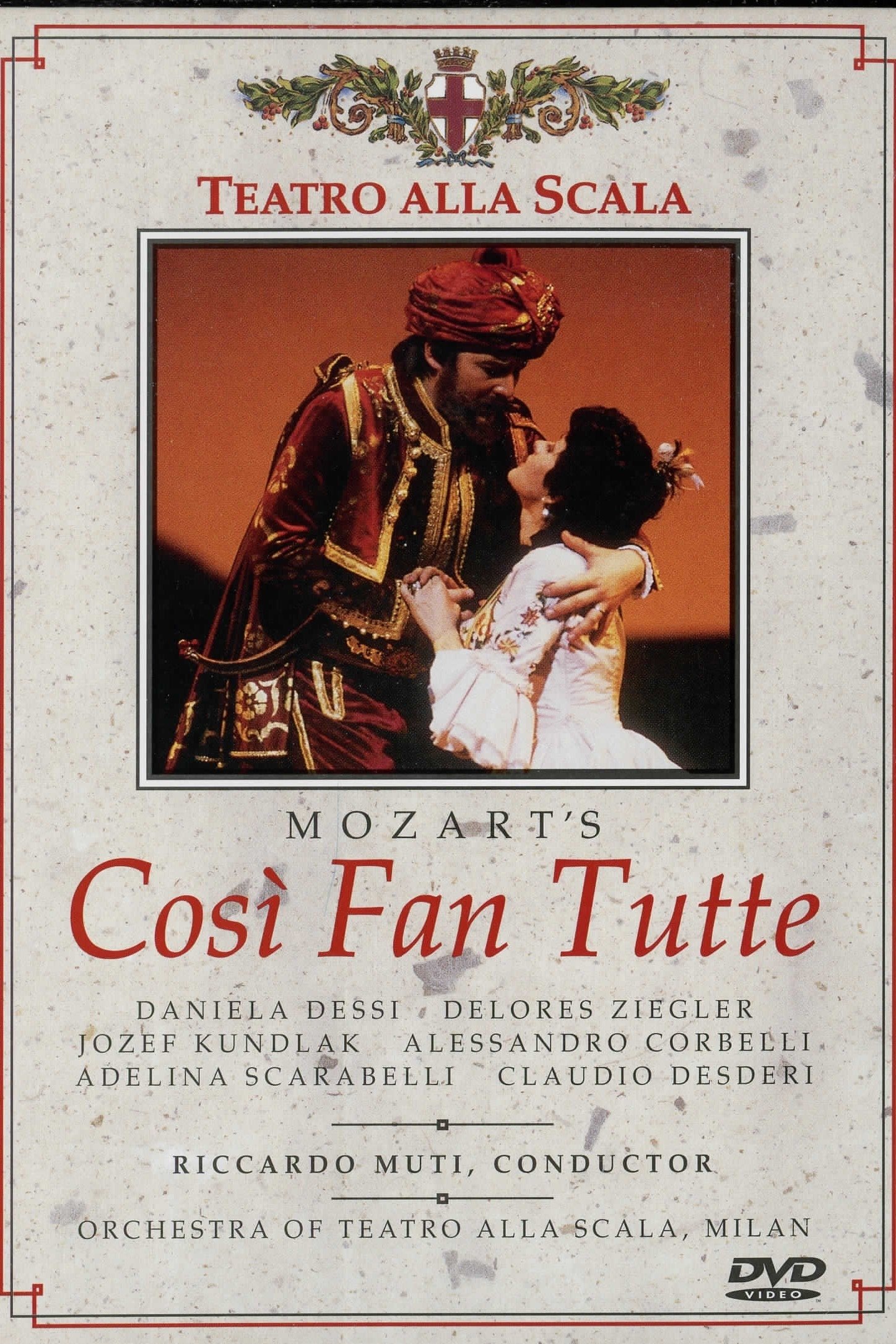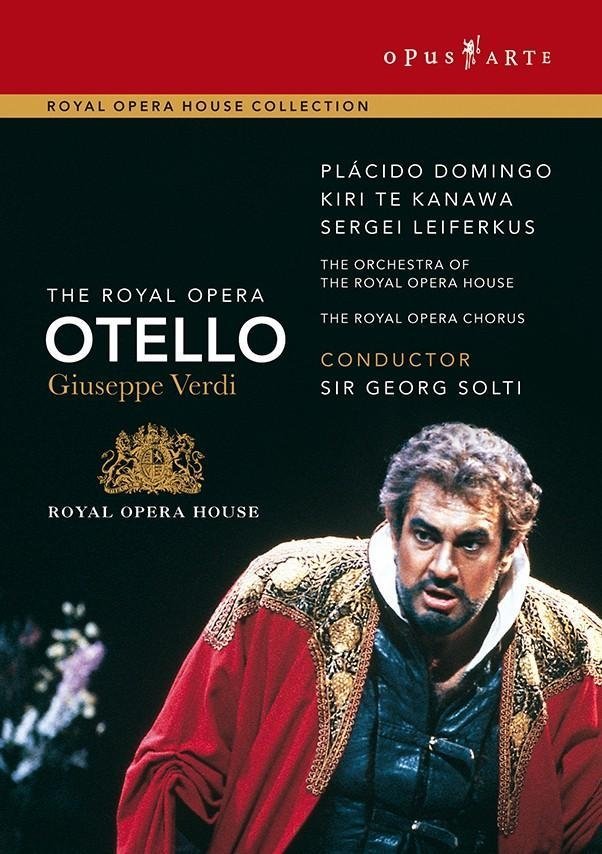Cast & Crew
14 members
Acting
Robert Gambill
Siegmund
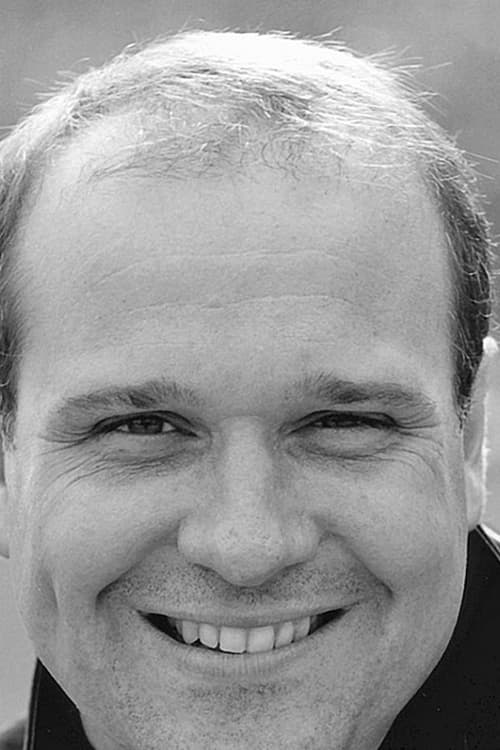
Acting
Attila Jun
Hunding
No Image
Acting
Jan-Hendrik Rootering
Wotan
No Image
Acting
Angela Denoke
Sieglinde
No Image
Acting
Renate Behle
Brünnhilde
No Image
Acting
Tichina Vaughn
Fricka
No Image
Acting
Eva-Maria Westbroek
Gerhilde
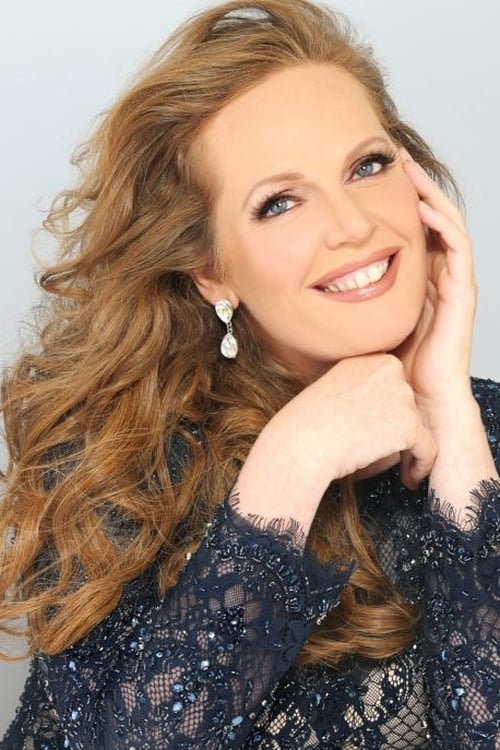
Acting
Wiebke Göetjes
Ortlinde
No Image
Acting
Stella Kleindienst
Waltraute
No Image
Acting
Helene Ranada
Schwertleite
No Image
Acting
Magdalena Schäfer
Helmwige
No Image
Acting
Nidia Palacios
Siegrune
No Image
Acting
Maria Theresa Ullrich
Grimgerde
No Image
Acting
Margit Diefenthal
Rossweiße
No Image
Similar Movies
Recommended Movies

No Recommendations Yet
We're working on finding the perfect movies for you. Check back soon!
More movies coming soon
